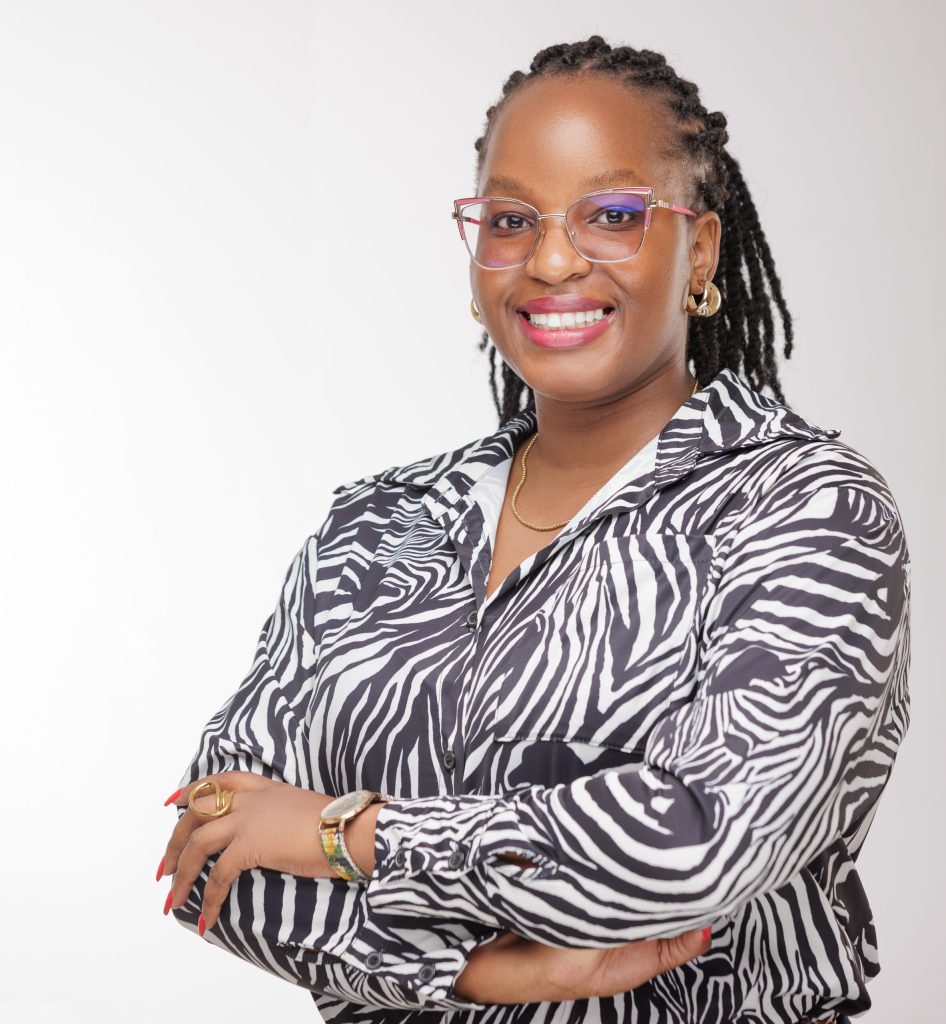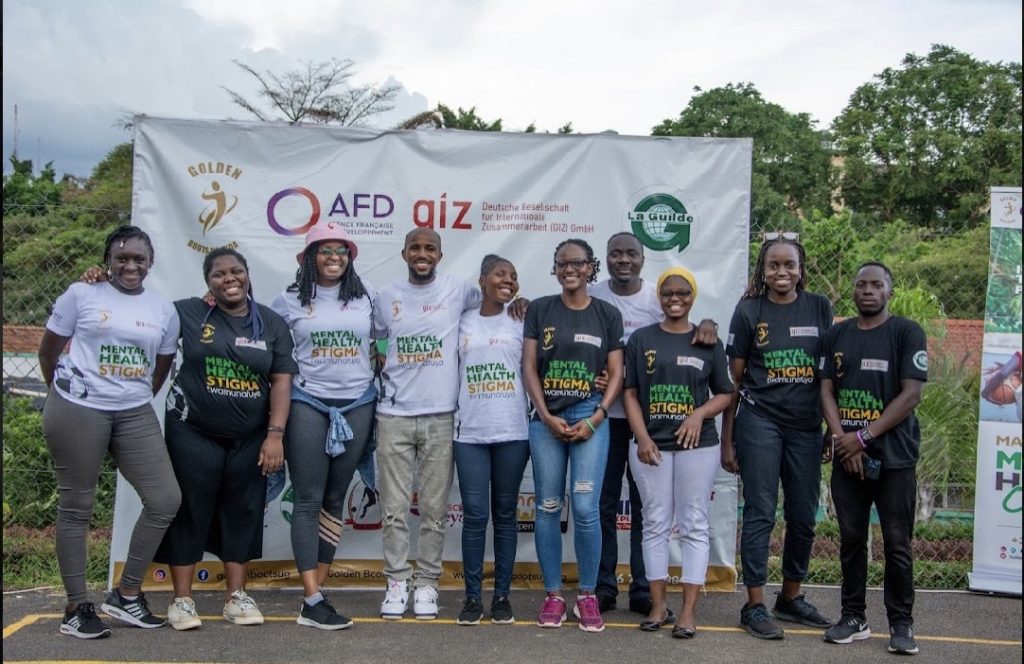Over the past few years, the mental health topic has been making rounds on social media, and the news continuously — an acknowledgement that we need to focus on more, beyond our physical health. If there was a better time to channel this interest and commit to making things better for people who were struggling both before and during the pandemic, we believe it is now.
Rita Auma, a Mental health advocate and Founder — ‘Heart to Heart’ spaces, a mental health community that provides safe spaces for people on their journey to healing shares her opinion on why mental health is often ignored, and highlights a few tools and resources that can be helpful when it comes to keeping our mental health in check especially during these unprecedented times of the pandemic and its toll on us.

Why mental health is often ignored in different communities
Several factors come into play as to why mental health is ignored. could not
The first is our history. According to a Harvard article, A Short History of Psychiatry in Modern Africa, psychiatrists working in Africa during the colonial period held to the belief that Africans did not suffer from depression. They based this idea on the assumption that Africans lacked the ability to be self-reflective or self-critical and therefore depression had no chance of gaining a foothold in their psyches.
Later, research during the 1950s showed that this view was nonsense. Africans, along with people throughout the world, suffer from certain universal mental disorders. What differs is the nature of their symptoms, the way these disorders are expressed.
The society’s stigma around mental illness also leads to mental health being ignored. People are so afraid of getting help because of the labels that are attached to mental illness. No one wants to be considered “mad”.
The laws themselves discriminate against people who suffer from mental illness. e.g., according to section 210 of the Penal Code, any person who attempts to kill himself or herself commits a misdemeanor. We live in a society that punishes people for being ill and succumbing to a disease that could have been treated. No one punishes people for dying of cancer. They are celebrated and looked at as warriors at the end of their lives.
The insurance companies are supposed to provide a financial backbone for people fighting these expensive illnesses, ignore mental illness, and it’s not provided for under their coverage. Thus, even though one is ready to get treatment, they simply cannot afford the costs attached to it, which include paying for therapy and psychiatry visits.
Tools and Resources
The first tool I would recommend is if you are feeling unwell, to get in touch with a therapist or psychiatrist to get a proper diagnosis, if any, or to get advice on how to handle what you are going through. Just like someone walks in for a malaria test, someone can walk in and ask to access these doctors and therapists or set up appointments to see one, since in most privately owned hospitals, they come in on specific days. However, one can get help provided at health centres 3s in their community or Butabika Hospital if they are within Kampala.
The next tool is self-help. One needs to put in personal effort to become better. The few activities they can do at home are;
Daily meditation
Limiting time spent on social media, work out a schedule that has you off the internet for a few hours in the day.
Eat well
Get enough sleep
Connect with people who bring positive energy into your life
Set boundaries
Write down and speak positive affirmations to yourself daily
Exercise
Journal
Walks
Cry when you need to
Take breaks when you need to

Besides advocating for mental health, Rita prides herself on being a big sister, a job she takes seriously. She is also a lawyer and junior associate who works with Cymbell advocates.
‘Heart to Heart’ spaces are a client or patient-based approach giving the mental health community a safe space to share their stories about the illness, how they cope, and have healed with those who have made it to the other side. ‘’We also provide referrals for patients looking for therapists and psychiatrists, and try to get affordable resources to people for self-help.’’
This post was created with our nice and easy submission form. Create your post!



